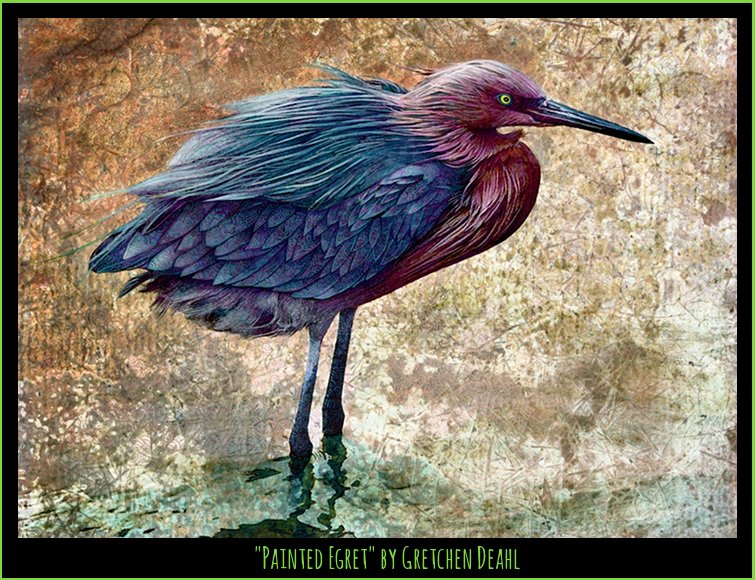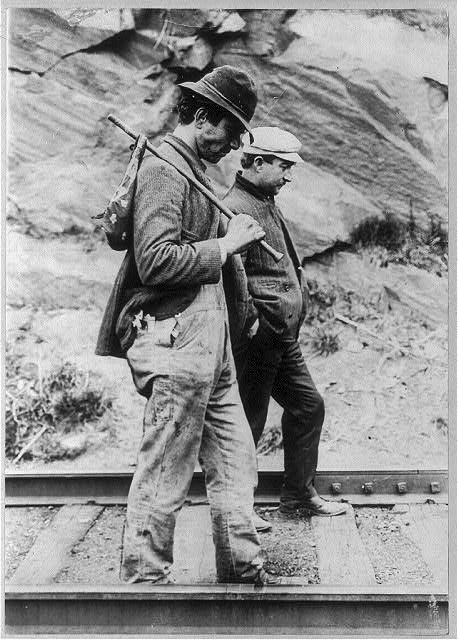
“Being Different” by Niccolo Caranti
“It is better to be hated for what you are
than to be loved for something you are not.” ~ Andre Gide
True as Gide’s statement is, being hated for any reason can be pretty ugly sometimes. Especially if it seems to be a collective thing.
One person hating you is, perhaps, to be expected, but a group of people (whether it be classmates or affiliations or countries or entire races) can be beyond overwhelming. If you feel isolated, on your own, with no support, it might even lead to your undoing. Which, of course, suits no one but the people hating you.
I know this. Too well.
Here are eight of my favorite books with a major theme of being different:
Invisible Man by Ralph Ellison
Black Boy by Richard Wright
The House of the Scorpion by Nancy Farmer
To Kill a Mockingbird by Harper Lee
Of Mice and Men by John Steinbeck
When Zachary Beaver Came to Town by Kimberly Willis Holt
Fat Kid Rules the World by KL Going
The Crystal Shard by RA Salvatore
The Adventures of Huckleberry Finn by Mark Twain
Nearly all of my own work (fiction and poetry) centers around the theme of being different. Otherness!
I suppose that is because it’s at the essence of who I am. And I’ll admit part of that is the result of being treated as if I was different. You can fight such treatment. You can acquiesce.
You can change who you are (by trying to become more like everyone else, yes, but also by resisting through the act of embracing the opposite, not because that is who you truly are, but ironically to be contrary to those trying to change you). You might, however, also realize that your difference is an essential part of who you are. Not all. Yet important!
Continue reading →



